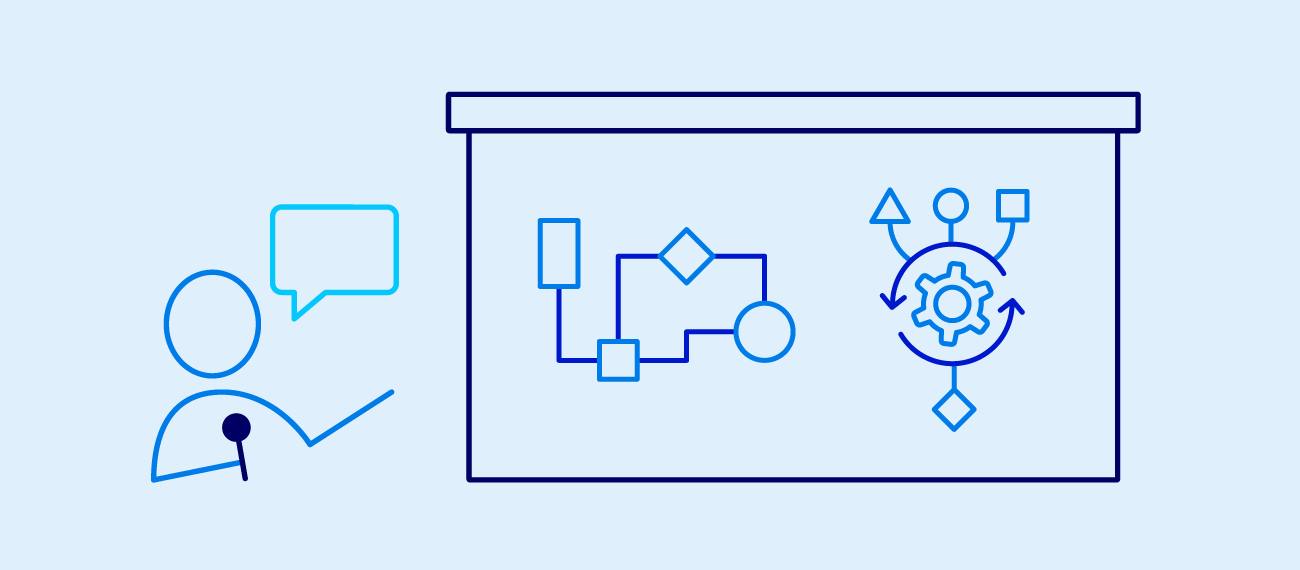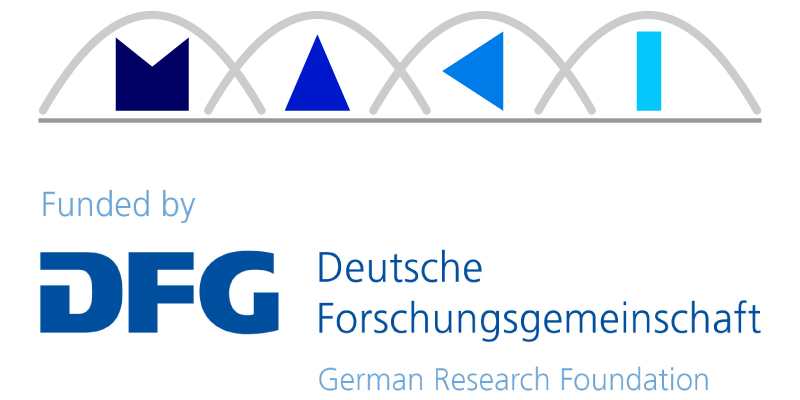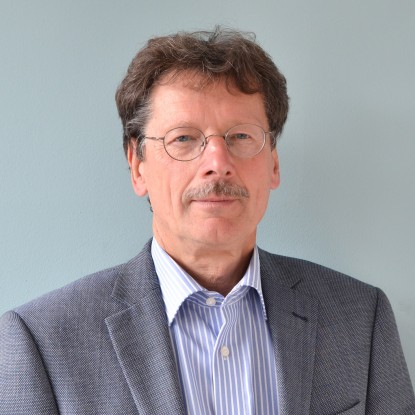| Lecturer | Dr. Michio Honda (NEC Laboratories Europe) |
| Title | PASTE: Co-designing Network and Storage Stack for Non-Volatile Main Memory |
| Date | Wednesday 28/03/2018, 12.00- 13.00 |
| Location | S101/A102 Karolinenplatz 5, Darmstadt |
| Abstract | |
|
Costs of persisting data over networks have been dominated by slow access latency to disks or SSDs, and access methods to them, causing end-to-end latency on the order of hundreds or thousands of microseconds. Therefore, networking whose RTTs over TCP and HTTP take tens of microseconds, was a relatively lightweight component of the system.However, emerging non-volatile main memory (NVMM) will change this phenomenon, because durably writing data become two-three orders of magnitude faster because of physical speed and new access methods. This bottlenecks the network stack, necessitating re-designing it. We propose PASTE, a new networking API to build networked storage systems on top of it. It achieves high performance by run-to-completion and DMA performed to named packet buffers on NVMM, while preserving protection, efficiency and ability to leverage a rich set of network protocols provided by the socket API today.We benchmark PASTE using Write-Ahead Logging and B+tree, as well as porting it to key value stores and software switch, and show PASTE significantly outperforms well-tuned Linux and the state-of-the art network stack. The work is to appear in NSDI'18 (click here (opens in new tab)). |
|
| Bio | |
| Michio Honda is a senior researcher at NEC Laboratories Europe in Heidelberg. Before that, he was a software engineer at NetApp in Munich. He received his phd degree in 2012 at Keio University in Japan. He has worked on transport protocols, middleboxes, user- and kernel-space network stacks, software switch and most recently, network stack design for non-volatile main memory. He has published in venues including ACM IMC, HotNets, CCR, SOSR and SoCC, and USENIX NSDI and ATC. He received IRTF/ISOC Applied Networking Research Prize in 2011 for his IMC paper, and best paper award at ACM SOSR'15. He has also been a contributer to the netmap framework, bringing research results into the real world. | |
SFB 1053 MAKI

Dr. Michio Honda
Dr. Michio Honda



